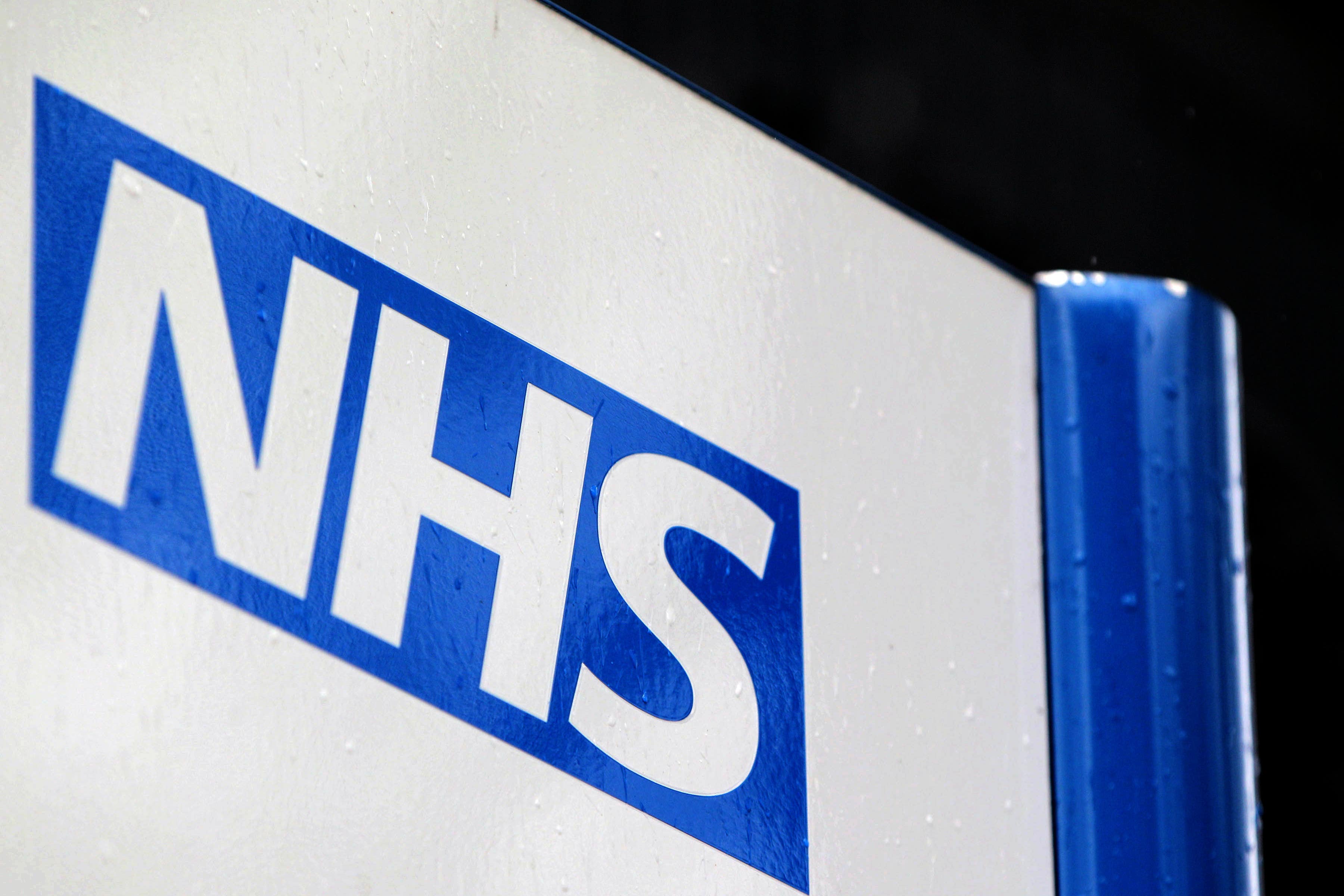Why it’s so hard to get an adult ADHD diagnosis – and why it matters
Major private ADHD assessment clinic closes doors to new adult patients amid crisis in demand

Your support helps us to tell the story
From reproductive rights to climate change to Big Tech, The Independent is on the ground when the story is developing. Whether it's investigating the financials of Elon Musk's pro-Trump PAC or producing our latest documentary, 'The A Word', which shines a light on the American women fighting for reproductive rights, we know how important it is to parse out the facts from the messaging.
At such a critical moment in US history, we need reporters on the ground. Your donation allows us to keep sending journalists to speak to both sides of the story.
The Independent is trusted by Americans across the entire political spectrum. And unlike many other quality news outlets, we choose not to lock Americans out of our reporting and analysis with paywalls. We believe quality journalism should be available to everyone, paid for by those who can afford it.
Your support makes all the difference.There are 2.8 million people with suspected ADHD in the UK – yet adults across the country are finding it increasingly difficult to get a diagnosis amid a breakdown of services.
Over the last two years, NHS providers across the country have been forced to close their doors to patients. Just last week, Leeds and York Partnership NHS Foundation Trust announced it would no longer accept new referrals as people on the current waiting list face a 10-year wait for a diagnosis.
To put this in perspective, the trust is only funded to carry out 16 assessments a month but receives around 170 referrals in that period, which it describes as an “unsustainable level of demand”.
Historically, NHS ADHD services have always been small and underfunded. However, the mismatch has only become apparent in the last couple of years as demand has exploded.
The National Institute for Health and Care Excellence estimates the global prevalence of ADHD in children to be around 5 per cent, and in adults in the UK around 3 to 4 per cent.

However, NHS England said that, as data is collected across different organisations, these figures are likely to “significantly underrepresent” the number of people seeking, waiting for and already possessing a diagnosis of ADHD.
Regardless of the reason for the boom, NHS services have not kept pace with demand – but there has been rapid growth in private sector provision.
Adults who suspect they have ADHD have been forced to pay thousands privately to seek a diagnosis, and now even these clinics are creaking under the pressure.
One of the most well-known private providers in the country, Psychiatry UK, has had to stop taking private patients for ADHD assessments in order to focus its efforts on assisting with NHS waiting lists.
Even this private provider has waiting times of up to a year for adults seeking assessment, and up to 10 months for medication services after diagnosis.
The clinic told The Independent: “Our patient numbers have grown 10 times over the last four years, which illustrates the scale of demand that now exists.”
Concern has also surfaced that some private clinics may be too easily giving a diagnosis of ADHD – fuelling a potential problem of overdiagnosis and a consequent increase in demand for medication, which in some cases may not be needed.
ADHD can have a significant impact on those who have the condition, and for some, medication is the only thing that will help. But it cannot be prescribed without a diagnosis, and so there are potentially thousands of people without access to medicines that could transform their day-to-day lives. In addition, the support that is available to sufferers in regard to their health, work and education often relies on their being able to obtain a formal diagnosis.

For children, for whom waiting times are also abysmal, a diagnosis can mean access to special education needs support in school, and adjustments that can help them to reach their potential. Without a diagnosis, however, most will not have access to this kind of support.
Last week, the office of the Children’s Commissioner published a report on the waiting times for autism and ADHD diagnosis in children.
The report warned: “It was clear from the interviews that how nurseries and schools responded to children before receiving a diagnosis of autism or ADHD had an important influence on how well a child and family were able to engage with childcare and education. For many parents, non-inclusive settings meant their ‘undiagnosed’ child was routinely neglected, excluded, isolated or sent home.”
Following the report’s release, an NHS spokesperson said: “The NHS is fully committed to supporting and improving the lives of those with autism and ADHD, and has published new national guidance to help local areas manage the 50 per cent increase in referrals seen over the last year.
“We know patients are still waiting too long for an ADHD diagnosis, and that’s why the NHS has launched an independent expert task force to investigate the challenges facing services, help them manage the rising numbers of referrals, and continue to transform care to ensure everyone gets the support they need.”
A spokesperson for the government said that it aims to reduce “unacceptable” waiting times for those seeking diagnosis and treatment for ADHD and other neurological conditions, and hopes to improve support for children following a diagnosis through its 10-year health plan.
The rise in the diagnosis of ADHD can be seen in the rapid increase in prescribing. According to the Nuffield Trust, between 2019/20 and 2022/23 there was a 51 per cent increase in the number of patients prescribed medication for ADHD.
This boom in the demand for medication comes amid global medicine shortages, which are heavily affecting the UK.
Last month, The Independent revealed that doctors in the South West had been told to stop prescribing one long-term ADHD medication to new patients. The instability of medication supplies is likely to continue for the foreseeable future.
These shortages are driven by a combination of increased demand and post-pandemic disruption to manufacturing supply chains, so there is little the UK government can do.
As reports of waiting times for diagnosis and drug shortages worsen, this is a crisis that needs to be resolved – but there appear to be no easy fixes.
Subscribe to Independent Premium to bookmark this article
Want to bookmark your favourite articles and stories to read or reference later? Start your Independent Premium subscription today.
Join our commenting forum
Join thought-provoking conversations, follow other Independent readers and see their replies
Comments